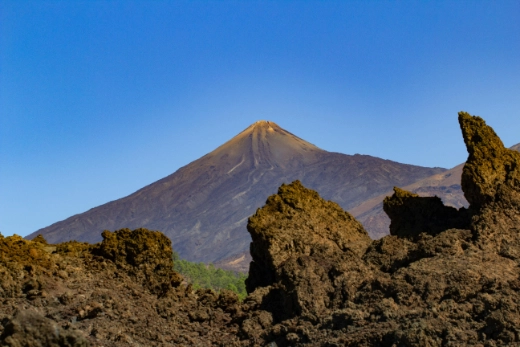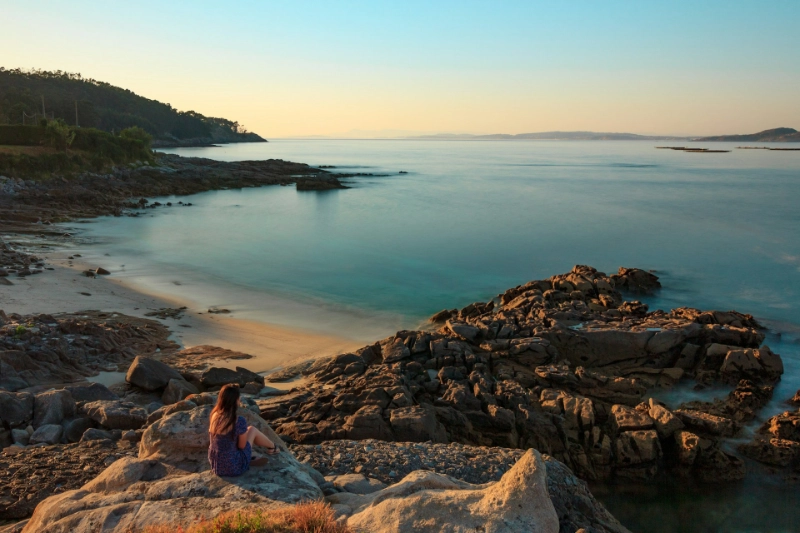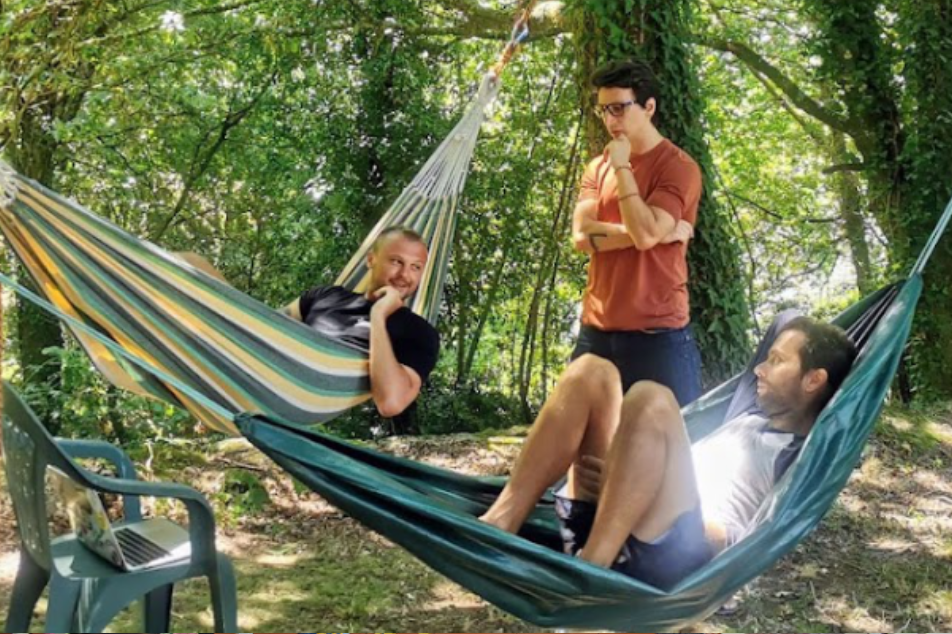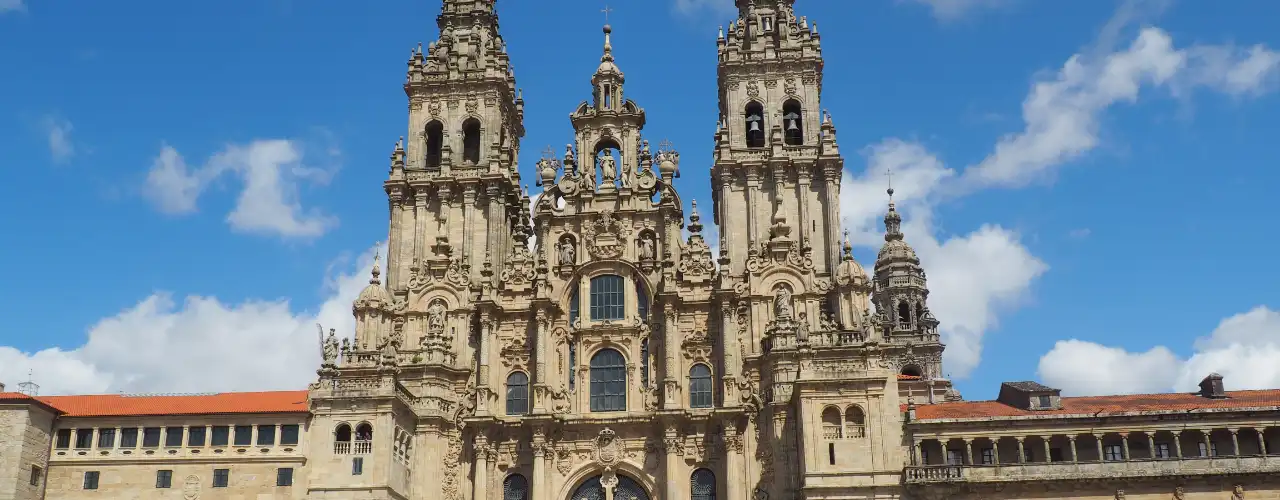Coliving Spain
Find your Coliving Spain
Having a coliving experience in Spain
Spain has a variety of regions that, with cultural, patrimonial and geographical particularities, manage to satisfy the needs of remote workers from all over the world.
Spain is divided into 17 autonomous communities and 2 autonomous cities, Ceuta and Melilla, located in the north of the African continent. The population of Spain exceeds 48 million inhabitantsand only Madrid, the country’s capital, exceeds three million.
Living a Coliving experience in Spain is also an opportunity to get in touch with its linguistic richness. Along with Spanish coexist the Basque language in the Basque Country, Galician in Galicia, Catalan in Catalonia and Valencian in the Valencian Community. In addition, there are linguistic varieties in many parts of the country.
Another feature that makes this southern European country an ideal place for Coliving is its climate. Spain is a sunny country with around 3,000 hours of sunshine per year. It is characterized by a mild climate, although with contrasts between the seasons and the different territories of the country. Spring and autumn have the most pleasant temperatures, being perfect seasons to combine work and outdoor leisure through a Coliving experience. While maximum temperatures are reached during the months of July and August, minimum temperatures tend to occur in the first months of the year, coinciding with the rainiest months, particularly in the north of Spain.
Best places to do a coliving in Spain

The geography of Spain is very varied and gives rise to very different and contrasting landscapes and natural spaces. Some, such as the Tramontana mountain range, the Teide National Park or the Pyrenees, have been declared World Heritage Sites by UNESCO. Spain is synonymous with natural diversity and this makes it the country with the most Biosphere Reserves.
The distribution of the population in Spain is unequal, as the metropolitan area of Madrid and the coastal areas are by far the most populated areas of the country. Barcelona, on the other hand, has more than 1.5 million inhabitants. Together with Madrid, it is the second largest Spanish city. Surpassing the figure of 500,000 inhabitants are Valencia, Seville, Zaragoza and Malaga.
If you want to escape the hustle and bustle of the city, the north and interior of Spain offers Coliving options in quiet villages in regions such as Aragón, Castilla y León or Castilla – La Mancha, among others. If you prefer the coast, you will find relaxing destinations all along the coastline in places like Galicia, Andalusia or Catalonia.
Spain also has two large archipelagos that are geographically and scenically very interesting. Off the coasts of Catalonia and Valencia, in the Mediterranean Sea, we find the Balearic Islands. The Canary Islands, on the other hand, are located in the Atlantic Ocean, at a distance of about 1,500 kilometers from the coast of Andalusia, in the south of the peninsula.
Coliving types in Spain

Spain has a wide range of possibilities, adapting to the tastes, preferences and particular needs of each remote worker. The offer is very wide, with very diverse types of Coliving, each of them with characteristic activities created to make the most of the environment in which they are located. Below, we introduce some of the most relevant accommodations.
Rural Coliving
This type of lodging is ideal for disconnecting from the hustle and bustle of the city, experiencing a more leisurely pace of life. Coliving is located in rural areas where the connection with nature and the positive impact on it are the main axis of the experience.
Rural coliving enables a connection with the local community in which it is located and with which contact is made through environmental actions and artistic, cultural and creative workshops and events.
Coast Coliving
These are accommodations located in coastal regions and offering experiences linked to the sea and its tradition, gastronomy, vegetation and fauna. The Coliving located in these enclaves offer programs that focus on outdoor activities and water sports, such as surfing.
These areas also have a natural heritage that lends itself to hiking. Remote workers can enrich their stay by discovering the countless hiking trails for hiking together or individually.

Urban Coliving
Another option is to enjoy a Coliving stay in a big city or urban area. An opportunity to delve into the tradition and heritage of Spain through the museums, scenic, musical or gastronomic offerings of the different regions of the country. The leisure options in the cities are constantly being renewed, with a more or less extensive and diverse cultural agenda depending on the season chosen.
Coliving and spanish culture
With a total of 50, Spain is the fifth country in the world with the most UNESCO World Heritage Sites. It also has 15 World Heritage Cities. Scattered throughout Spain, these and other cities attract the attention of remote workers from all over the world. From monuments, gardens and historic sites to museums and alternative cultural spaces, Spain offers a unique and diverse cultural journey.
Gastronomy is one of Spain’s main assets as a tourist destination. Because of its climate and geographical location, Spain is a country where you can enjoy quality, tasty and healthy cuisine.
Living a Coliving experience in Spain means connecting with and experiencing its cultural richness in a unique way. The community activities and events organized in the accommodations pursue this connection with the environment through the local cuisine, traditions and festivities. Throughout the year there are important music, film and performing arts festivals, as well as fairs and popular celebrations that make up the agenda of essential events during your Coliving stay in Spain.
Legal and practical aspects of Coliving in Spain
When planning a Coliving stay in Spain it is very important to know the requirements to enter the country. As a remote worker in Spain it is key to have information about the type of visa required for this type of stay and its particularities.
Digital Nomad Visa in Spain
The visa for international teleworkers (digital nomads) allows the residence for international teleworking for a maximum period of one year throughout the national territory. Citizens from outside the European Union may apply for this visa in order to carry out an employment or professional activity at a distance, through the exclusive use of computer means and systems, for companies located outside Spain. This visa must be processed through the Spanish embassies or consulates in the country of origin.
The specific requirements to be eligible for this visa are: existence of real and continuous activity for at least one year of the company or companies for which they work; documentation proving that the work can be performed remotely; and the existence of an employment or professional relationship for at least the last three months prior to the application.





